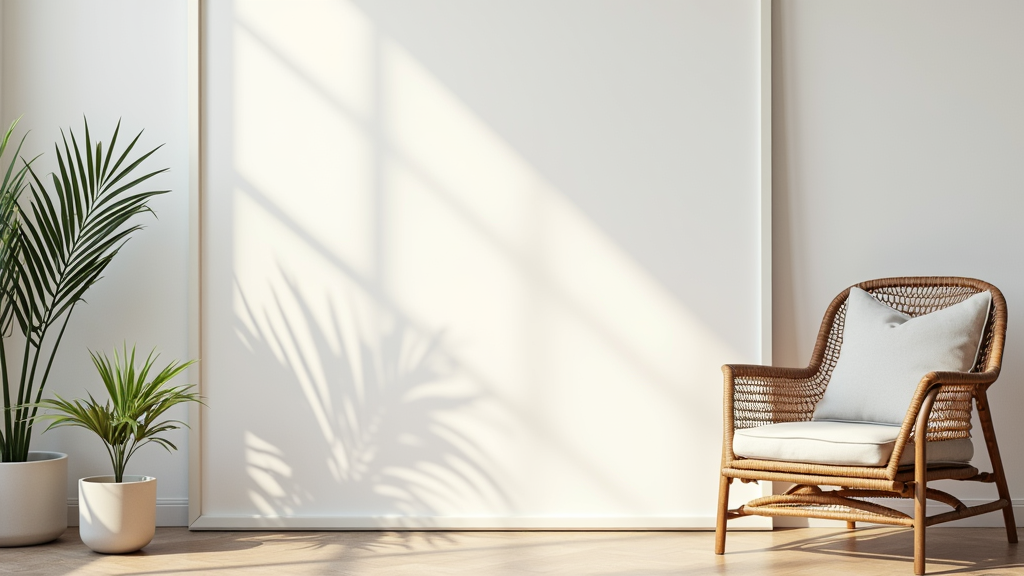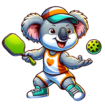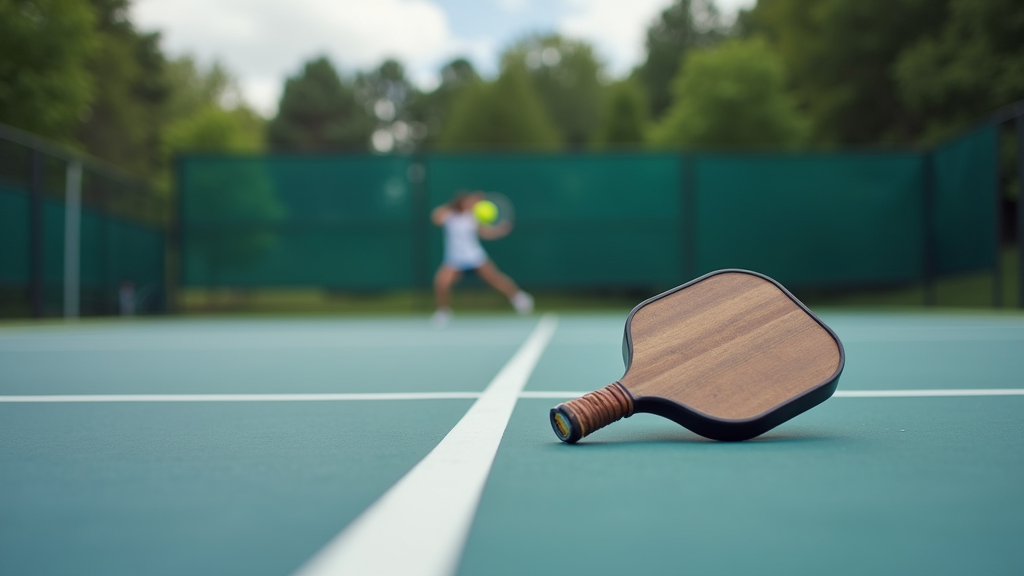Table of Contents
Introduction

Overview and Importance
North Carolina has firmly established itself as a pickleball hotspot, ranking among the top 10 states in the nation for pickleball enthusiasts. The state boasts an impressive infrastructure with over 520 pickleball courts spread across its diverse landscapes, providing ample opportunities for players of all skill levels to engage in the sport. In 2024 alone, North Carolina played host to more than 30 pickleball tournaments, a testament to the growing popularity and competitive spirit surrounding the game.
The increasing number of tournaments reflects a broader trend: pickleball is not just a pastime; it’s a passion. As more people discover the joys and challenges of pickleball, tournament participation continues to surge, creating a vibrant and dynamic community of players across the state.
Background
Pickleball’s rise in popularity in North Carolina has been nothing short of remarkable. What started as a niche activity has rapidly evolved into a mainstream sport, attracting players of all ages and backgrounds. This surge in interest is clearly reflected in the growing number of tournaments held annually throughout the state.
Initially, many pickleball tournaments were small, local events organized by community groups and recreational facilities. However, as the sport has gained traction, we’ve witnessed a significant evolution towards larger, more structured, and often sanctioned tournaments. These events draw players from across the state and even from neighboring regions, elevating the level of competition and contributing to the overall growth of pickleball in North Carolina.
What You’ll Learn
In this guide, we’ll delve into the exciting world of pickleball tournaments in North Carolina in 2024. You’ll discover some of the key tournaments that have taken place, showcasing the diverse range of competitive opportunities available to players.
We’ll also provide a step-by-step guide on how to find and register for tournaments using PickleballBrackets.com, a valuable resource for pickleball players seeking competitive play. Furthermore, we’ll break down the essential elements of pickleball tournaments, including understanding different tournament levels, common formats, and the various venues that host these thrilling events. By the end of this guide, you’ll be well-equipped to navigate the North Carolina pickleball tournament scene and take your game to the next level.
Understanding the Basics
Fundamental Concepts
Diving into the world of pickleball tournaments can be exciting, but first, let’s solidify our understanding of the fundamental concepts that underpin competitive play. This includes grasping tournament levels, familiarizing yourself with various tournament formats, and understanding the distinction between sanctioned and non-sanctioned events.
Pickleball tournaments are often categorized by skill levels, allowing players to compete against others of similar ability. Common level brackets include ranges such as 2.9-3.5, 3.0, 3.5, and 4.0. These ratings help ensure fair and competitive matches. When registering for a tournament, it’s crucial to accurately assess your skill level to avoid being outmatched or, conversely, dominating less experienced players. Consider your consistency, shot selection, and overall game strategy when determining your appropriate level.
Tournament formats can vary widely, each offering a unique competitive experience. Double elimination tournaments provide a second chance for teams that lose their initial match, increasing the overall playing time and opportunity for advancement. Invitational tournaments are often exclusive, featuring top-ranked players or teams selected based on specific criteria. Set partner doubles tournaments require players to register with a predetermined partner, emphasizing teamwork and established partnerships. Understanding the format of a tournament is vital for strategizing and preparing effectively.
The pickleball landscape includes both sanctioned and non-sanctioned events. Sanctioned tournaments, often associated with organizations like the PPA Tour (Professional Pickleball Association) and MLP (Major League Pickleball), adhere to strict rules and regulations, and results may contribute to official player rankings. These events typically attract higher-level players and offer larger prize pools. Non-sanctioned tournaments, such as local club tournaments, may have more relaxed rules and are often geared towards recreational players. Participating in both types of events can provide a well-rounded competitive experience.
Essential Components
Beyond the conceptual understanding, familiarity with the essential components of pickleball tournaments is crucial for participation and success. This includes knowing where to register, understanding equipment requirements, and being aware of court dimensions.
Tournament registration is often facilitated through online platforms, with PickleballBrackets.com being a widely used resource. These platforms allow players to search for tournaments based on location, skill level, and date. They also provide a centralized system for managing registration fees, schedules, and results. Familiarizing yourself with these platforms simplifies the process of finding and participating in tournaments.
Equipment requirements are a critical aspect of pickleball, particularly regarding paddle specifications. USA Pickleball sets standards for paddle construction to ensure fair play. These specifications cover material, size, and weight.
- Material:Pickleball paddles can be made from a variety of materials, including composite, graphite, or wood. Each material offers different performance characteristics in terms of power, control, and feel.
- Size:The combined length and width of a pickleball paddle cannot exceed 24 inches (60.96 cm). This limitation ensures that players are not using excessively large paddles that could provide an unfair advantage.
- Weight:Pickleball paddles typically weigh between 6.8 and 8.5 ounces (193 to 241 grams). The weight of the paddle can significantly impact a player’s swing speed and control.
Adhering to these specifications is essential for tournament play, as officials may inspect equipment to ensure compliance.
Finally, understanding the court dimensions is fundamental to playing pickleball effectively. The court measures 20 feet wide x 44 feet long (6.1 meters x 13.41 meters), making it smaller than a tennis court. The non-volley zone, often referred to as the “kitchen,” extends 7 feet from the net on each side (2.13 meters). Players are prohibited from volleying the ball while standing within the kitchen, adding a strategic element to the game. A thorough understanding of these dimensions is crucial for positioning, shot selection, and overall court awareness.
Detailed Guide

Preparation
Before diving into the thrill of pickleball tournaments, meticulous preparation is key. This involves gathering the right equipment, setting up your online presence, and honestly assessing your skills.
- Required Materials:You’ll need a pickleball paddle, athletic shoes designed for lateral movement, and comfortable, breathable athletic attire.
Your paddle is your primary tool, so choose wisely. Paddle grip size is crucial for comfort and control. It’s measured in inches, typically ranging from 4 1/4″ to 4 3/8″. A grip that’s too large or too small can hinder your performance and lead to discomfort or injury. Test different sizes to find what feels best in your hand.
- Initial Setup:Many tournaments utilize PickleballBrackets.com for registration and scheduling. Creating an account is usually the first step. Familiarize yourself with the platform to easily find and register for events.
Consider your username and profile information carefully, as this is how tournament organizers and other players will identify you.
- Important Considerations:Be realistic about your skill level. Most tournaments divide players into categories based on experience (e.g., beginner, intermediate, advanced). Self-assessment ensures you’re competing against players of similar ability, making the experience more enjoyable and competitive. If you’re playing doubles, carefully select a partner whose strengths complement yours. Discuss strategy and communication beforehand to maximize your teamwork.
Tournament Calendar and Details
North Carolina is a hotbed for pickleball, offering a wide array of tournaments throughout the year. From major sanctioned events to local non-sanctioned competitions, there’s something for every player.
- Major 2024 Tournaments:
Pay attention to the PPA Tour and Major League Pickleball (MLP) events, which attract top-tier talent and offer a high level of competition. One such event is scheduled for:
- PPA Tour and Major League Pickleball (MLP) Event:
- Date: March 30 – April 7, 2024
- Venue: Cary Tennis Center, Cary, NC
- Non-Sanctioned 2024 Events:
Here’s a glimpse of the many non-sanctioned tournaments happening across North Carolina in 2024:
- January:
- February:
- March:
- April:
- May:
- June:
- September:
- October:
- Jan 19-21: The Summit Winter Slam, The Summit Pickleball, Boone, NC
- Feb 22-25: Pickles And Play February Thaw, Wake Forest, NC
- Feb 24: The PPL Tournament (Pickle Power League), Durham, NC
- Feb 24-25: Pitt County Young Life Pickleball Tournament, Greenville, NC
- Feb 29-Mar 2: 12th Annual Pickleball Tournament, Jacksonville, NC
- Mar 1-3: Inaugural Piney Wood Bull City Open, Durham, NC
- Mar 2: Triad FCA Pickleball Tournament, Greensboro, NC
- Mar 8-10: 2024 EmergeOrtho Spring Fling, Greensboro, NC
- Mar 8-10: YMCA Charity Pickleball For ALL Tournament, Wilmington, NC
- Mar 14-17: Pickleball Charlotte Open, Charlotte, NC
- Mar 15-17: Angry Alligator Pickleball Tournament, Ocean Isle Beach, NC
- Apr 12-14: Bull City Pickleball Classic, Durham, NC
- Apr 13: Golden Pickleball Tour 24 – Charlotte, Charlotte, NC
- Apr 13: Smash Cancer with Jen Aubrey, Hillsborough, NC
- Apr 13-14: USAPB Sedge Garden Open, Winston Salem, NC
- Apr 19-21: Asheville Spring Fling!, Asheville, NC
- Apr 19-21: Family Care Center Pickleball Tournament, Newton, NC
- Apr 26-27: 2024 Pickle Festival Pickleball Tournament, Goldsboro, NC
- Apr 27-28: The Summit Spring Smash, Boone, NC
- Apr 27-28: Oak Island Spring “Paddle Battle at the Beach 2024” Pickleball Tourney, Oak Island, NC
- May 3-5: World Pickleball Tour, Charlotte, NC (TBD)
- May 3-5: Wake Forest Spring Event, Wake Forest, NC
- May 3-5: P3 2024 Cinco de Mayo Fiesta, Gastonia, NC
- May 17-19: Asheville Paddle Battle, Asheville, NC
- May 18-19: USAPB Charlotte Open, Gastonia, NC
- May 24-26: White Squirrel Festival Pickleball Tournament, Brevard, NC
- May 31 – Jun 2: Family Care Center Pickleball Tournament, NOR/Conover, NC
- Jun 21-22: Play Pickleball Summer Slam Tournament, Huntersville, NC
- Sep 6-8: World Pickleball Tour, Raleigh, NC (TBD)
- Oct 11-13: World Pickleball Tour, Charlotte, NC (TBD)
- Oct 18-21: North Carolina Senior Games Finals Pickleball Tournament, Cary, NC
This is just a sample; check PickleballBrackets.com and other online resources for a comprehensive list of tournaments and their specific dates, locations, and registration details. Be sure to note the skill levels offered at each tournament to ensure a good fit.
Advanced Techniques
To truly excel in tournament play, mastering advanced techniques is essential. This involves strategic court positioning, finesse shots, and optimizing your equipment.
- Expert Tips:Court positioning is paramount. Aim to control the non-volley zone line (the “kitchen”) to dictate the pace of the game. Dinking, soft shots that land in the kitchen, are a crucial part of this strategy.
The third shot drop, a strategic shot executed after the serve and return, allows you to approach the net and gain an advantageous position. Practice these shots diligently to improve your consistency and control.
- Optimization Methods:Fine-tuning your paddle can make a significant difference. Experiment with grip tape to enhance your grip and comfort. Lead tape, strategically placed on the paddle, can adjust its balance point, affecting its swing weight and feel.
Lead tape placement is a personal preference. Some players prefer it near the top of the paddle for added power, while others place it closer to the handle for increased maneuverability. Experiment to find what works best for your playing style.
- Troubleshooting:Weather conditions can significantly impact your game. Wind can affect the trajectory of the ball, making it harder to control your shots. Rain can make the court slippery, requiring you to adjust your footwork and be cautious of falls. Be prepared to adapt your strategy based on the prevailing weather conditions.

